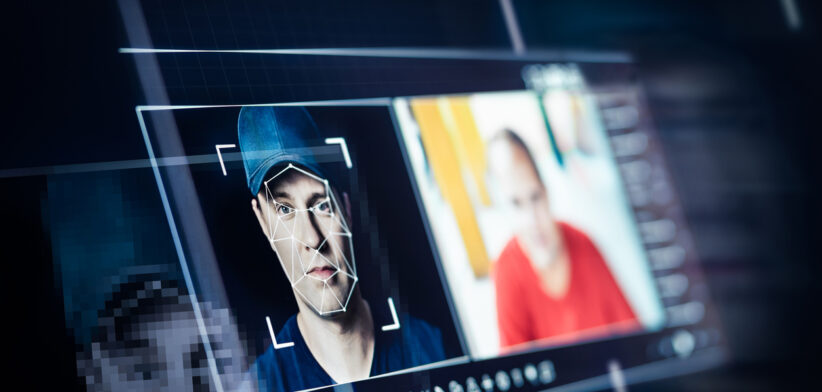The continuing and rapid development of Generative Artificial Intelligence (AI) tools that can produce high quality “fake” content and images is creating new headaches for regulators.
The head of the Technology, Media and Telecommunications practice at McCullough Robertson Lawyers, Alex Hutchens, said defining reality and protecting individuals from the impacts of misleading or fake content was a growing concern.
“You see cases of people’s heads being put on other people’s bodies. You can see videos of people saying words that they just never said. It’s very realistic and very believable,” he said.
“We will definitely have to see something emerge in the regulatory environment to help people identify what has been ‘generated’ versus what is real.
“At the moment it is not entirely clear what form that will take, but some options are starting to emerge.”
One of these options was a “watermarking mechanism” to identify content that had been primarily created through AI.
Mr Hutchens said, as well as dealing with fake images and information, it was often hard to know if content created through Generative AI tools was reliable.
This included risks around what training data had been used by the AI tool, understanding whether the AI had ‘hallucinated’ and whether it could be trusted as the basis to make a decision.
Mr Hutchens said these issues meant that AI was “firmly in the spotlight”, particularly since Chat GPT brought generative AI to a broader audience in 2022-23 and triggered a seeming arms race of announcements around capability from major providers ever since.
“The law has definitely not kept up with how quickly the technology has moved,” he said.
“A couple of years ago we were told that around 100 AI tools were being released a month. That would be exponentially larger than that by now.”
“On top of that we have constant step changes in iterations of Generative AI. These tools are racing ahead but the regulatory landscape moves at the pace that it does – slowly.”
Mr Hutchens said there were two broad schools of thought on how the law should deal with these emerging issues.
One was that AI, and perhaps even Generative AI (like ChatGPT) in particular, required its “own special law”.
The other school of thought was that AI was just an extension of laws covering technology, consumer protection, discrimination, IP and more, and could be accommodated within existing legal frameworks.
“That is the tension, and I expect we will end up in between with a patchwork of both,” Mr Hutchens said.
“It wouldn’t be possible to address every implication of AI in one single law.”
All of this is not to say that regulators are not trying to address these issues. There is already significant activity in the space.
The Office of the Australian Information Commissioner has produced AI guidelines, APRA was exploring the issue for financial services, ASIC is reviewing its use with respect to corporate governance and the Commonwealth Government has flagged the idea of legislation setting out mandatory guardrails to deal with high-risk AI deployments.
There might also be consideration of making digital platform providers more accountable for the veracity of content carried on their sites, which raises potential implications under online safety laws.
“With AI moving faster than the legal frameworks designed to govern it, there’s a growing urgency to close the gap,” Mr Hutchens said.
“While we wait for the regulatory environment to catch up, understanding where we’re headed and how we’re protected is no longer optional.
“If they want to capture the benefits of AI while maintaining consumer trust, businesses must take an active role in scrutinising how AI is used, verifying outputs, managing risk and safeguarding information.”









